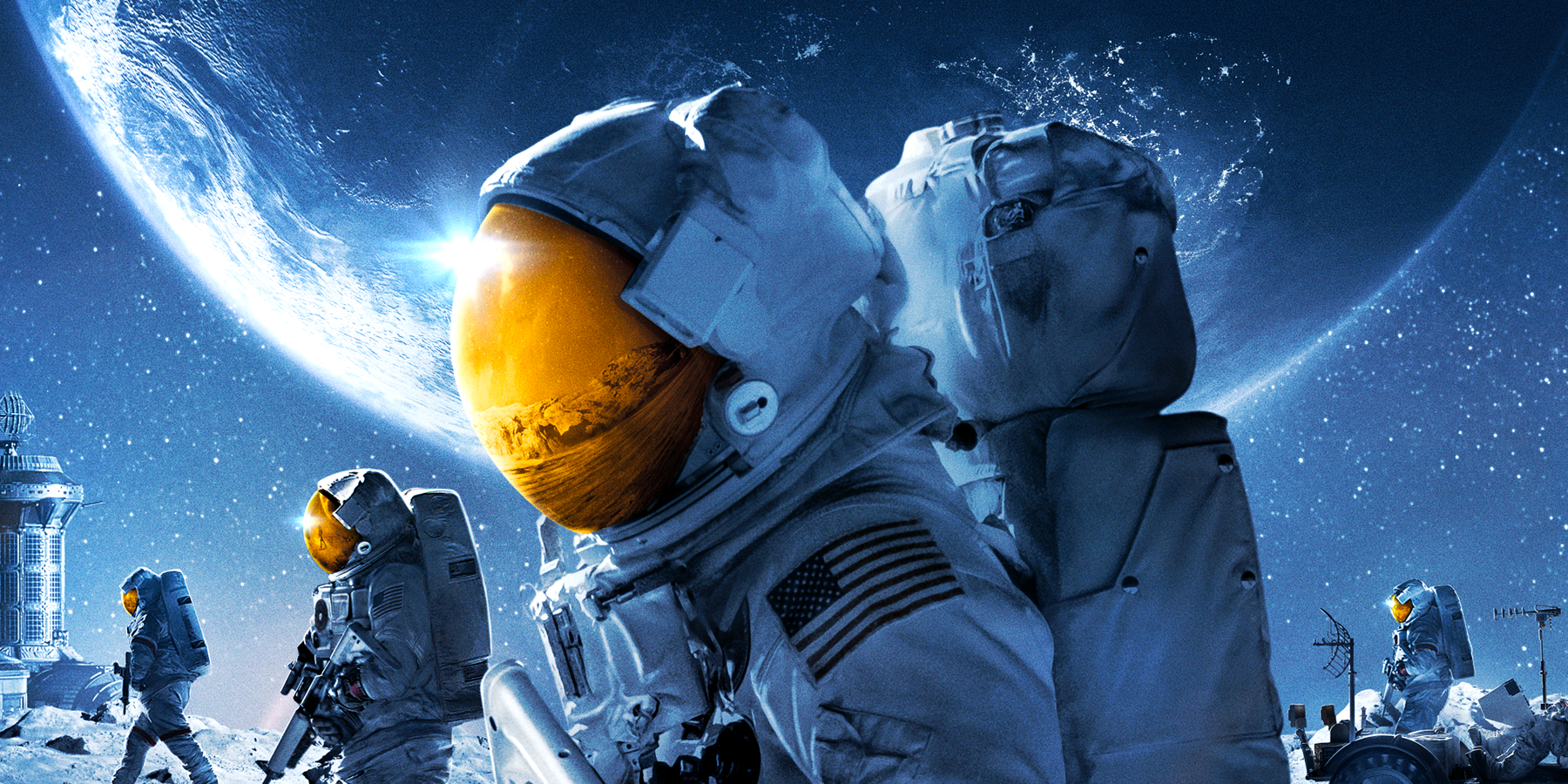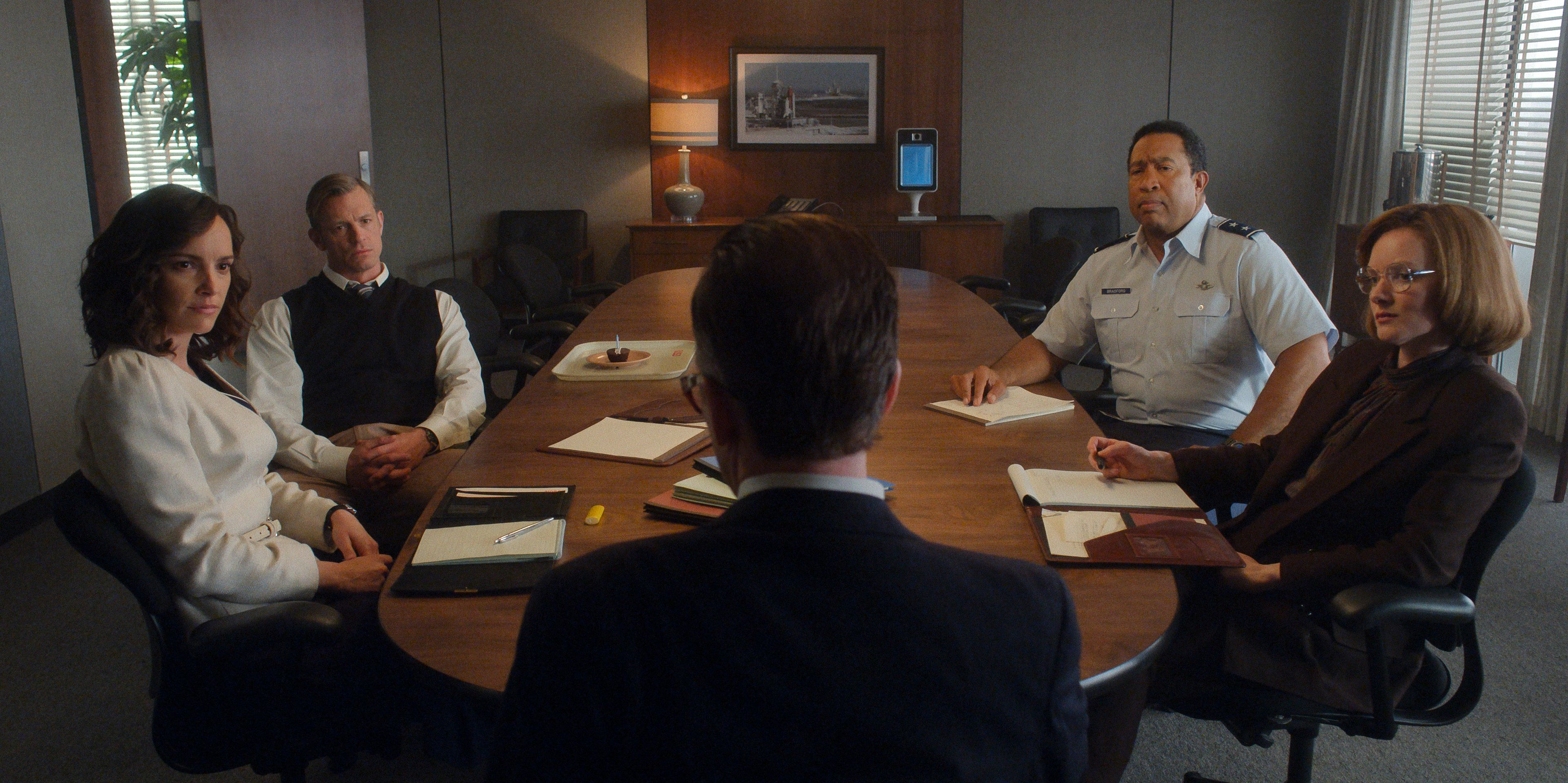
One of Apple TV+'s inaugural original series, the alternate history science fiction series For All Mankind, is back for its second season, expanding on a vision of the world in which the Soviet Union won the Space Race by beating the United States to the moon. And while the first season focused on the immediate fallout and NASA's efforts to keep the Cold War competition going by upping the ante of the Apollo Space Program, the second season doubles down on the premise by taking the story nearly a full decade ahead since the Season 1 finale as the story delves into the Reagan Administration and escalating Cold War's effects on the series' divergent timeline and American space program.
Now set in 1983, many of the characters from the previous season have taken on leadership and mentorship roles in the space program as they move beyond their glory days. As a new, growing class of astronauts continue to build upon the foundation that was set with the Jamestown moon base and NASA continues to extend its ambitions, the discovery that the Soviet Union is preparing to arm their own lunar installation, as well as advances with their Space Shuttle program, causes the military and federal government to become more hands-on with NASA and the space program as the Cold War officially broadens its scope to the cosmos.
Right from the outset, it's clear that Season 2 is swinging harder for the fences than the preceding season; the moon has been settled and the space program is continuing to grow and thrive since audiences last saw it in early 1974. With the divergent timeline and main cast of characters established, the show can really lean into its premise's promise while going deeper and more raw on the unresolved emotional trauma and issues between the main characters. And while For All Mankind's timeline diverges further from actual history, the creative team keeps their sight on grounded science fiction, maintaining the verisimilitude of being set in a relatively realistic vision of an alternate 1983.

With the increased emphasis balancing human drama with ambitious, increasingly militaristic sci-fi, the cast really delivers on the emotional depth that they only began to explore in Season 1. Not every character has reacted well to the changes that came their way between seasons, and stars Joel Kinnaman and Shantel VanSanten especially showcase the more nuanced side of their characters. If Season 1 was about redefining and reframing the idealism of the Space Race even after the race itself was already lost, Season 2 is about finding one's way as the obstacles and hardships appear insurmountable on both an intimate and global scale.
A lot more self-assured and less pretentious than the first season could be at times, For All Mankind Season 2 delves deeply into the pain of each of its main characters as outer space becomes the next battlefield for the resurgent Cold War. Bigger and darker, the alternate history for the Apple TV+ series takes its story to the next level, with the feeling that the creative team is really able to cut loose as it slips the surly bonds of Earth and expand upon its mission statement of a space program that kept firing on all cylinders as the Cold War intensified.
Created by Ronald D. Moore, Matt Wolpert and Ben Nedivi, For All Mankind stars Joel Kinnaman, Michael Dorman, Sarah Jones, Shantel VanSanten, Wrenn Schmidt, Jodi Balfour, Krys Marshall, Sonya Walger, Cynthy Wu, Coral Peña and Casey W. Johnson. Season 2 premieres on Apple TV+ on Feb. 19, 2021.
0 Comments